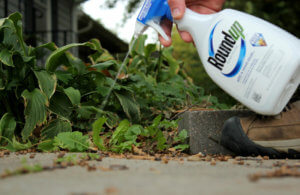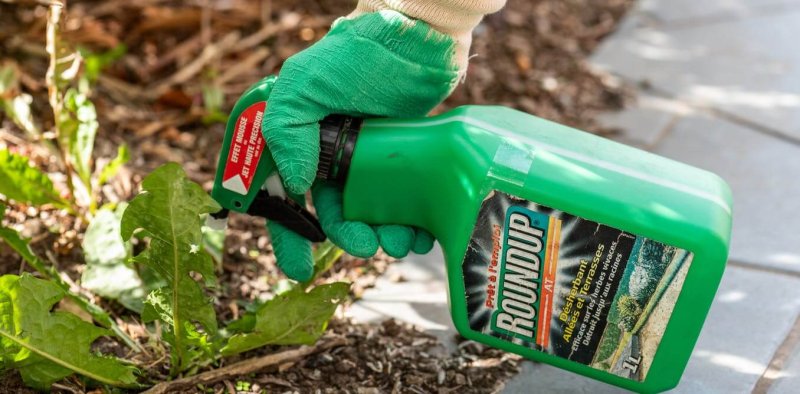[Editor’s note: Cancer epidemiologist Geoffrey Kabat responds to a recent article defending the International Agency for Research on Cancer’s [IARC] assessment of the weed killer glyphosate as a “probable carcinogen.”]
The essential elements of these apologetics are: 1) deflect attention from the most central and glaring facts that should be kept in view; 2) fail to make any distinction between existing studies (or analyses of said studies) on the basis of quality; 3) attempt to discredit any criticism by implying that it is motivated by corporate interests; and 4) repeat the rhetorical assertions of IARC’s transparency and authority.
Kogevinas writes that, “…substantial published evidence from human, animal, and mechanistic studies at the time of the IARC evaluation indicated that adverse effects from exposure to glyphosate could be classified as probable.” This formulation glosses over at least two crucial facts. First, the IARC 2A classification was dependent on the conclusion that there was sufficient evidence that glyphosate was carcinogenic in rodents.
We now know that the rodent studies relied upon by IARC showed no consistent or robust evidence of increased tumor yields in exposed animals. Robert Tarone has shown that the Working Group selected a few positive results in one sex and used an inappropriate statistical test to declare some tumor increases to be significant. Comparable inverse associations, some statistically significant, were ignored. Neither of Tarone’s two peer-reviewed papers is cited by Kogevinas.

Second, the sentence quoted above includes the words “evidence from human,…” [studies] “at the time.” But IARC was aware of updated NHL results from the National Cancer Institute’s Agricultural Health Study (AHS), which were ignored in IARC deliberations because the results for herbicides were inexplicably excluded from a 2014 paper published in PLoS One. The characteristics and methods of the AHS are widely known, and the details of the statistical methods applied in the analysis of NHL were described in the published paper. Thus, the decision to exclude updated results for glyphosate and NHL, while strictly consistent with the IARC policy of not relying on unpublished results, is questionable.
A later paper examining associations between glyphosate and cancer incidence in the AHS reported no significant increases for more than 20 solid or lymphopoietic cancers (including many lymphoma and leukemia subtypes). The phrase “at the time of the IARC evaluation” gives away the whole game. By torturing the data from rodent studies and ignoring the updated data from the AHS, IARC was able to push through a misleading evaluation in line with its predetermined objective of drawing attention to the “probable carcinogenicity of glyphosate.”
Few scientists would dispute that further high-quality studies of glyphosate and glyphosate-containing products might add to our knowledge. But IARC should be held accountable for its cynical misrepresentation of the existing evidence. The Agency needs to own up to the egregious errors in its glyphosate evaluation, rather than arguing that scientists who draw attention to errors and to ignored evidence, and that other agencies which have found glyphosate to be safe at levels to which most people are exposed, can be dismissed as being subservient to corporate interests.
Kogevinas concludes by warning ominously against “attacking authoritative science.” Since IARC stands alone in concluding that glyphosate is likely to cause cancer in humans, “authoritative science” presumably refers to the conclusions of the IARC Monograph 112 Working Group regarding glyphosate exposure. Invoking authority to allow IARC to ignore legitimate criticism of the seriously flawed classification of glyphosate as a probable human carcinogen does a disservice to science.
Geoffrey Kabat is a cancer epidemiologist and the author of Hyping Health Risks: Environmental Hazards in Daily Life and the Science of Epidemiology and Getting Risk Right: Understanding the Science of Elusive Health Risks. He is a GLP board member. Follow him at [email protected]
Disclosure: I have no financial involvement with Monsanto/Bayer or any other conflict-of-interest related to this topic.
This article originally ran in the British Medical Journal and has been republished here with permission.































